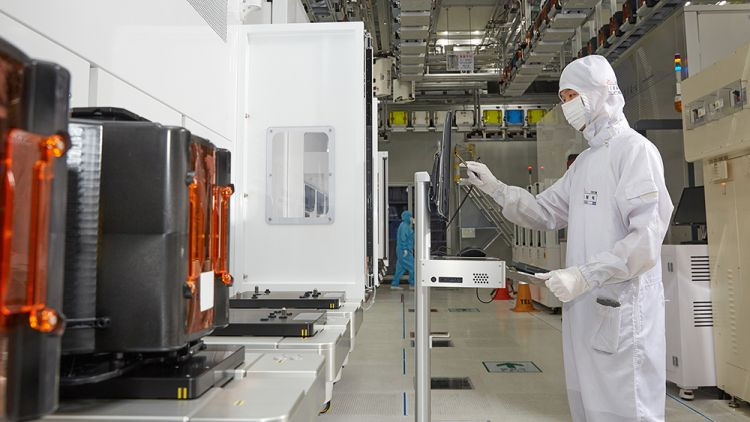The South Korean semiconductor industry is highly dependent on the situation in the memory chips market, and since it has been showing signs of declining demand for core products for several months in a row, this is starting to negatively affect the overall indicators of the activity of the national economy. For the first time in more than four years, the production of semiconductor components in South Korea declined year-on-year, if we evaluate the results of August.

Refering to data from the government statistics of South Korea, in July, the volume of output of semiconductor products still showed an increase of 17.3% compared to the same month of the previous year, and in August there was already a decrease of 1.7% - for the first time since January 2018. Other specific indicators also suggest that demand for semiconductor components is declining, with signs of overproduction. Inventory volumes increased by 67.3%, while the volume of deliveries of products from enterprises in August fell by 20.4%, and such dynamics has been observed for the second month in a row.
It is obvious that Korean manufacturers have begun to reduce the production of semiconductor components, but so far this is not helping to reduce inventory, as demand is declining faster than corresponding measures are taken on the side of suppliers. Samsung Electronics, the leading manufacturer of memory chips, warned in the outgoing month of a worsening market situation in the second half of the year. IC Insights estimates that between May and July, the size of the RAM chip market halved. The situation of Korean manufacturers is aggravated by the depreciation of the national currency, which, according to this criterion, is second only to the Japanese yen.







